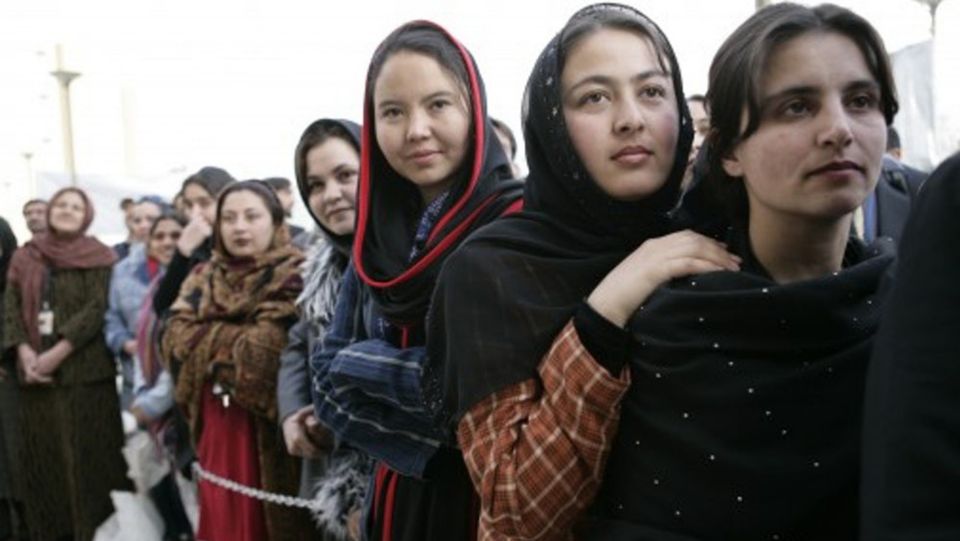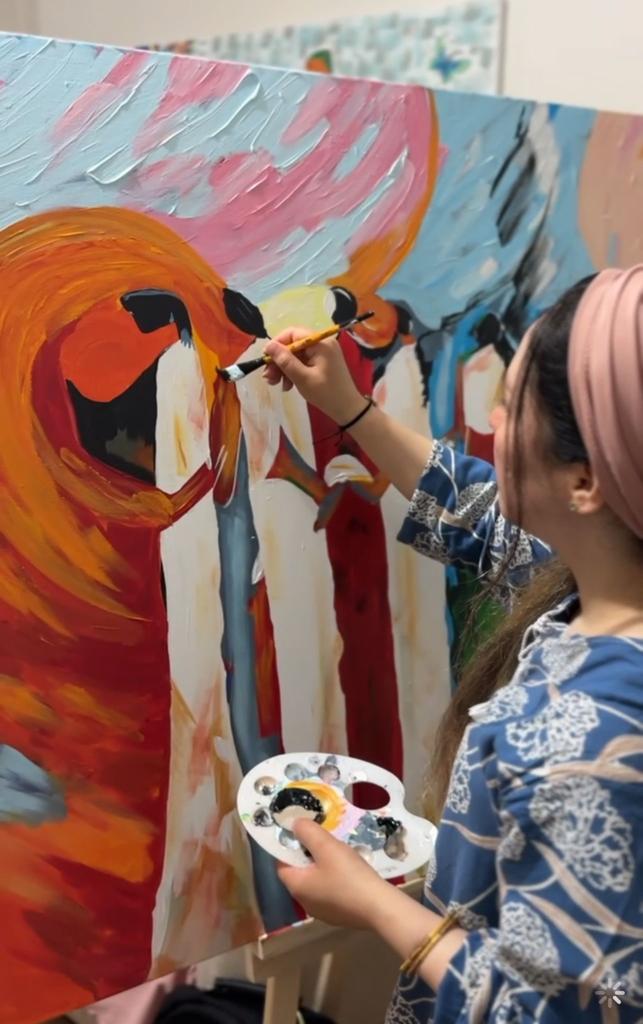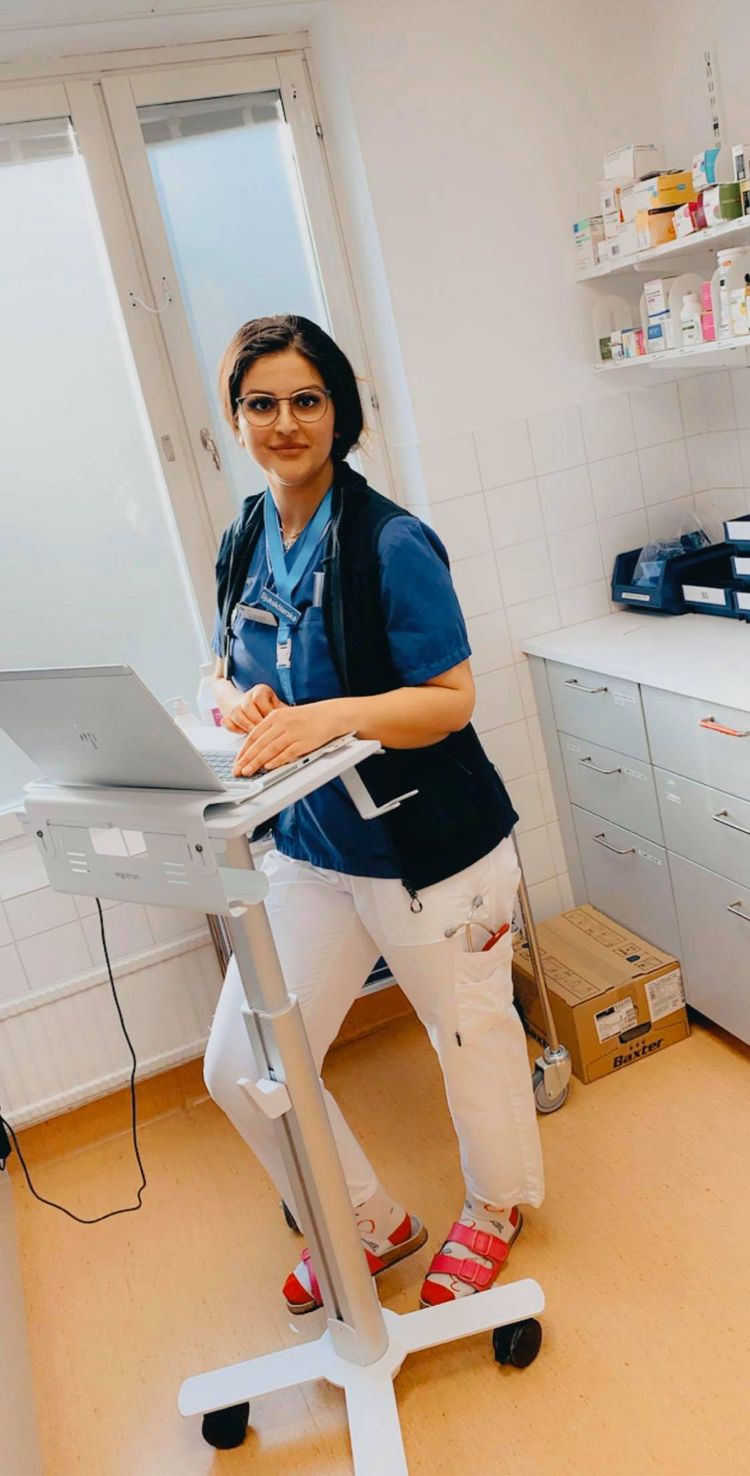The male-centric society of Afghanistan

During my internship at the Asien Development Bank in Manila, I interviewed the Country Director of the ADB for Afghanistan. I was interested in what projects ADB is working in Afghanistan despite the critical security situation and the negative attitudes towards foreign corporates.
However, I did not expect that we would be joined by a young Afghan female employee of ADB in Afghanistan. She joined our meeting not only as a spectator but to my surprise; she was there to discuss a crucial project of ADB; "The role of Women in the Economic Development of Afghanistan," in which she played a central part. She was eager to tell me about how she and her colleagues had worked hard with the project. She told me about the project's ambitions, which were as I understood it to create a "female employability friendly society."
The project is mainly to encourage more women in the economic sector. It goes beyond the "resource-based approach," which international development agencies mostly apply to women empowerment projects as these women. The resource-based approach means that women's empowerment actions are limited to technical assistance related to resources, such as education, land, and such.
However, the ADB project was more about creating other opportunities to increase women's participation in the Society, such as in increasing the power of women to take control of those resources.
But what I was curious about was if they also had recognized how significant impact the culture of Afghanistan has on having more women in the working sector as one of the most significant issues in Afghanistan is that the Society is built on a severely male-centric model, where women are often powerless over their decisions. And consequently, this discourages women's participation in the economic sector.
During my research so far, I had seen that more and more Afghan women are willing to contribute to Afghanistan's economic development, which the country director agreed. However, he did point out that the male-established social norms and religious traditions stood in the way of women's events.
I was enlighted on hearing about the project, and the work ADB does. ADB had considered Afghan women's perspective by including them in this project, as Freshta Wardak had contributed to new ideas on how to encourage women in the working sector and still avoid backslashes from the conservative leaders.
The idea was about creating jobs for women and jobs that are comfortable and sustainable working places for the female population.
This interview made me realize that just because the necessary resources for women are available to dispose of, it does not mean that the target-group (Afghan women) are fully able to use those resources. More international agencies need to understand the art of adapting to non-western contexts that benefits them as well as their target group.




